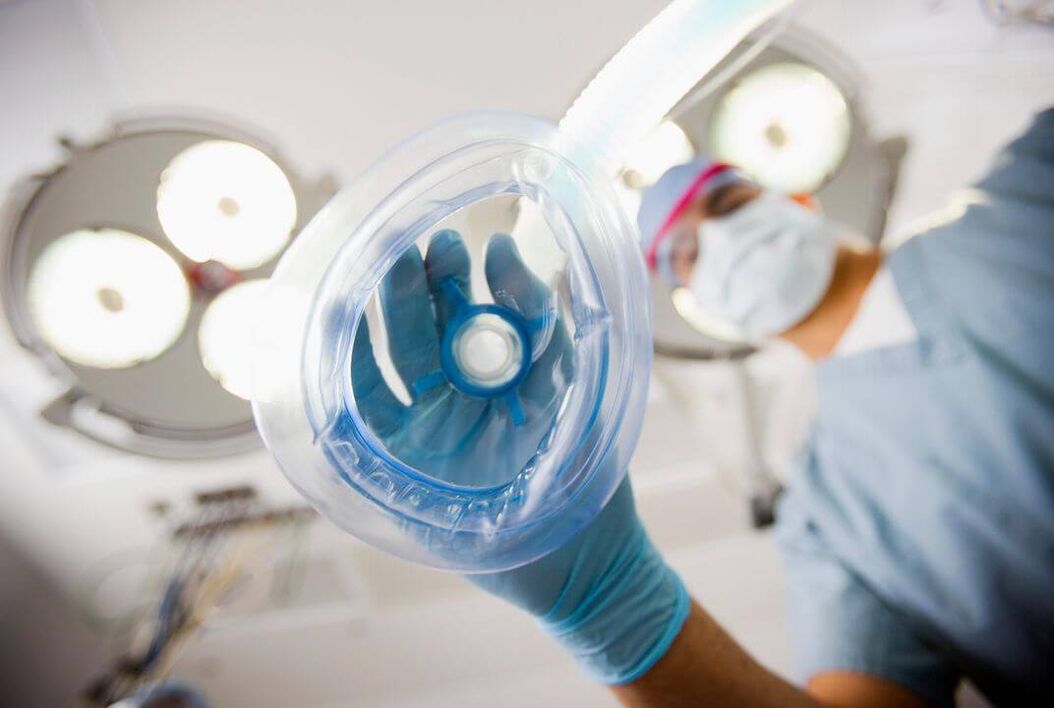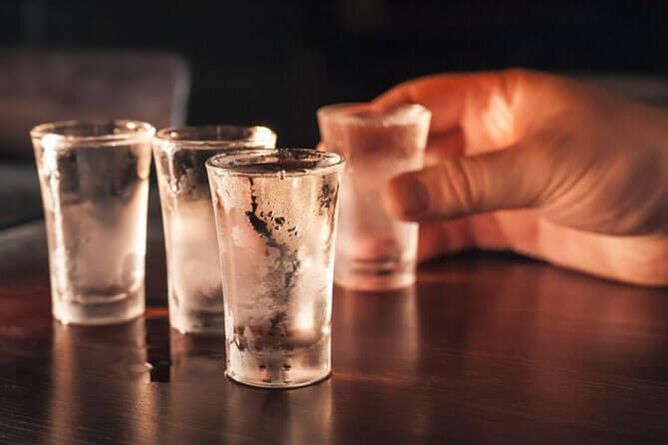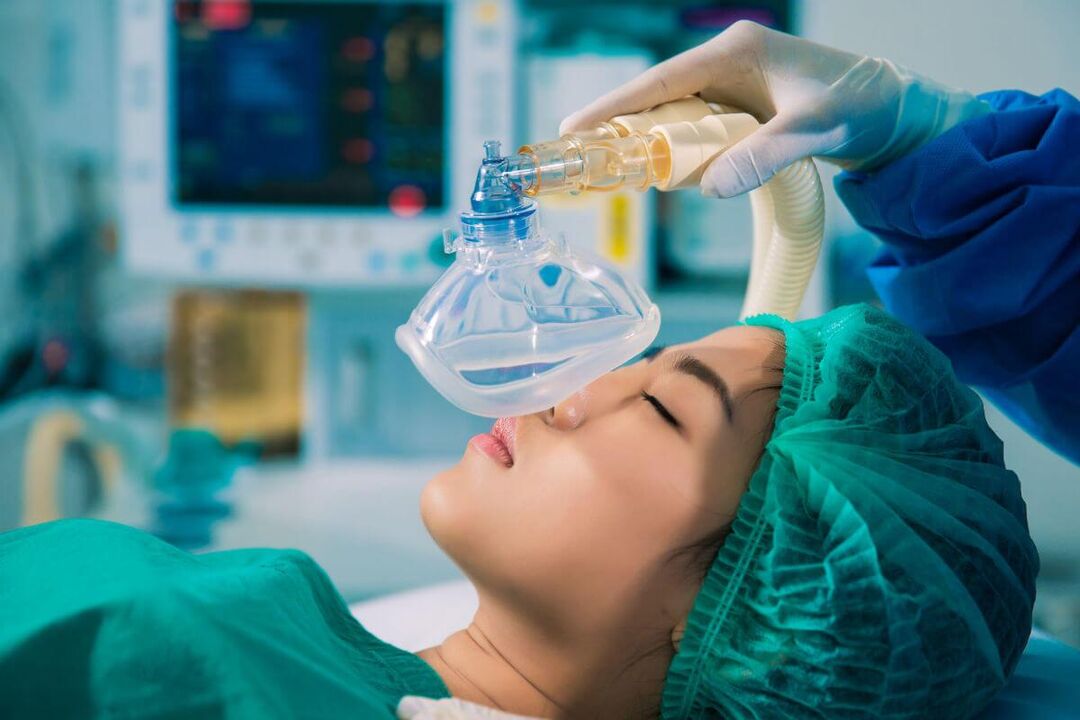
Surgery is a combination of effects on tissues and human organs by doctors to diagnose, treat or correct bodily functions. Depending on the level of urgency, they are: Urgent (urgent need in the name of saving the patient's life), Urgent (intervention required within 48 hours), Planned. Essentially: Radical, palliative, symptomatic.
The purpose of the first two types of surgical intervention is to completely or partially eliminate the cause of the pathological process, and the third type is to relieve the patient's condition.
Can I drink alcohol 10 days after surgery? Should I stop drinking alcohol before surgery? How does alcohol affect anesthesia? Let's consider it in more detail.
The dangers of drinking after surgery
Ethanol can weaken the body's immune system, which can negatively affect the effectiveness of a surgeon's intervention. Additionally, most surgeries, including laparoscopy, are performed under anesthesia, which, combined with alcoholic beverages, can overload the heart and blood vessels, which can lead to death.
Often, to prevent inflammation and infection of the tissue damaged by the scalpel, patients are given antibiotics (for prophylaxis), which rules out alcohol consumption. Beer is also on the prohibition list because it causes fermentation and slows the healing of wounds and tissues.

After surgical intervention, the immune status is reduced, which can lead to the exacerbation of chronic diseases, leading to the emergence of hidden pathologies.
Alcohol after surgery can disrupt blood clotting, leading to an increased risk of uncontrolled internal bleeding, which can be life-threatening for patients.
Remember, no matter how much alcohol a patient drinks after anesthesia, it triggers depressive processes in the central nervous system, which can lead to confusion, respiratory failure, and hallucinations.
Alcohol thins the walls of blood vessels, destroys liver cells, irritates the mucous membranes of the digestive tract, and overloads the heart.
How much can you drink?
The minimum period to limit the consumption of ethyl beverages is 30 days after surgery.
Stop drinking alcohol before surgery
As in the post-surgery and pre-surgery conditions, alcohol consumption is prohibited. A feature of the preoperative phase is passing the necessary laboratory diagnosis, including studies of urine, electrocardiogram, and the patient's blood. In the case of drinking ethyl cocktail, the results become unreliable, thereby distorting the true clinical situation, potentially leading to fatal errors in diagnosis and decision-making for surgical intervention.
In addition, serious operations on the heart muscle, veins are only performed under anesthesia. The effects of the drug may become unpredictable if the patient abuses alcohol heavily in the days before the introduction of anesthesia. For example, a standard dose of anesthesia is not enough, and as a result, one person can recover before the surgery is over, while others, on the other hand, take too much, develop an overdose, and cause depression of the respiratory or cardiovascular system.
To avoid these complications, you should avoid alcohol for at least a week before surgery.
Alcohol and anesthesia

Anesthesia is the loss of tissue sensitivity for a short period of time under the influence of an anesthetic. Such drugs block the transmission of nerve impulses, so the signal does not reach the brain, which means that the body's response to stimuli in the form of pain also does not exist.
Local anesthesia was continued for an additional 2. 5 hours after surgery. However, when drinking alcohol, the narcotic effect of the drug wears off immediately, and acute pain attacks appear that cannot be suppressed even with pain medication.
General anesthesia for abdominal surgery is much more complicated when it is necessary to protect the body from shock and pain.
Following recovery from anesthesia, the following complications may occur:
- headache;
- nausea;
- muscle weakness or tension;
- sore throat;
- confusion;
- blood pressure drop;
- hallucinogenic delusions.
Why can't I drink alcohol after anesthesia?
This combination may lead to critical situations such as anaphylactic shock, neurological disorders, etc. The withdrawal period for anesthetic drugs depends on the type of drug, the dose, and the patient's health. In principle, the main part leaves the body within one day after the operation and remains for 2-3 days.
recovery after surgery
Any surgical procedure weakens the body's protective functions. The recovery period for everyday alcoholics will be more difficult than for those who adhere to a healthy lifestyle because the "alcohol" tissue takes longer to heal.

Post-operative advice:
- After abdominal surgery, it is not advisable to eat for the first 2-3 days. You can get up in one day, gradually increase the weight, and walk more. This will speed up the rate at which the body returns to its normal environment. No alcohol should be consumed for another month.
- After coronary artery bypass grafting (CABG), get rid of bad habits, measure blood pressure regularly, count your pulse, determine if there is edema, and don’t stress your heart (don’t go to the sauna, don’t plan long walks, give up strenuous physical exertion). CABG does not cure patients with coronary heart disease, it is only used as a symptomatic treatment. Bypass patients need to follow a lifelong diet that restricts intake of salt, animal fat, alcohol, and carbohydrates. Meanwhile, the nutritional focus is on protein, plant-based foods.
- After shoulder and hip surgery, which involves the complete replacement of diseased cartilage and bone with artificial materials, patients receive intravenous solutions, antibiotics to maintain water-salt balance, and pain relievers. To avoid adverse reactions to the body, alcohol is strictly prohibited. After the prosthesis is inserted, physiotherapy exercises are performed to eliminate overloading of the operated leg and arm.
- After the gallbladder is removed, abstain from alcohol for life.
- Do not drink alcohol for at least 3 months after eye surgery and cataract extraction. During recovery, patients take non-steroidal anti-inflammatory drugs (NSAIDs) that are incompatible with alcohol.
- After spinal surgery, patients taking pain relievers, non-steroidal anti-inflammatory drugs, and when interacting with ethanol, can increase the risk of developing gastrointestinal bleeding and ulcers. In addition, alcohol reduces the effects of drugs that improve microcirculation and overloads the liver, leading to disruption of metabolic processes in the body, leading to dystrophic, degenerative changes in the intervertebral discs.
Men should lie down for the first day after varicocele surgery. You can start moving the next day. Walking increases blood flow and prevents constipation. For pain relief, apply a cold compress to the painful area for 15 minutes.
output
Surgical intervention of any tissue and organ always leads to the appearance of postoperative edema. Alcohol consumption is prohibited during this period. In fact, alcohol increases blood circulation, which increases swelling and worsens the condition of new stitches. In addition, ethanol reacts negatively to narcotics, analgesics, anti-inflammatory non-steroidal drugs. As a result, the body may behave in unusual ways.
The preoperative period of abstinence is at least 10 days and the postoperative period is 1 to 6 months. Meanwhile, in some cases (when the gallbladder is removed), strong beverages are banned for life.































